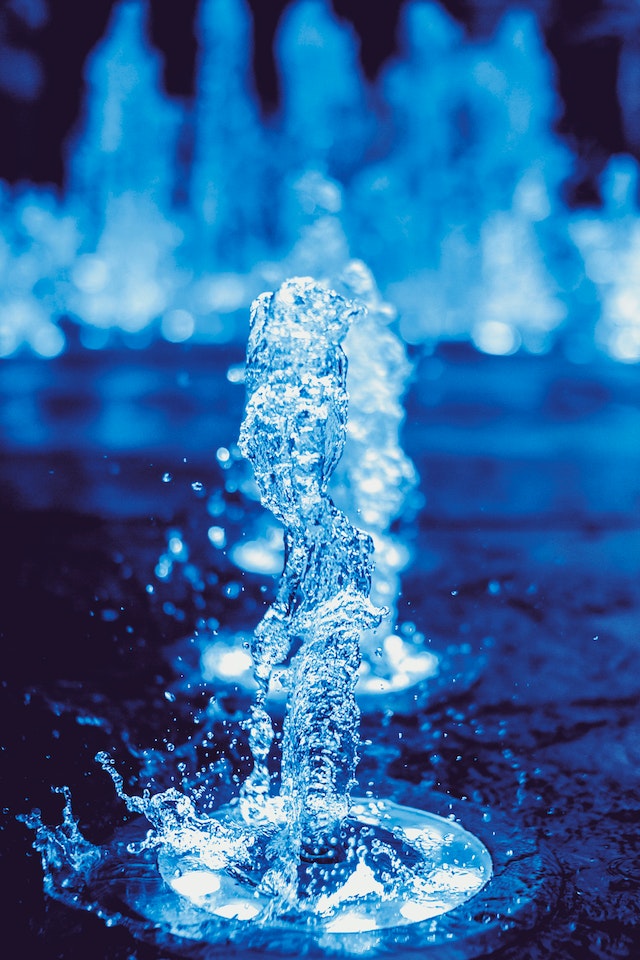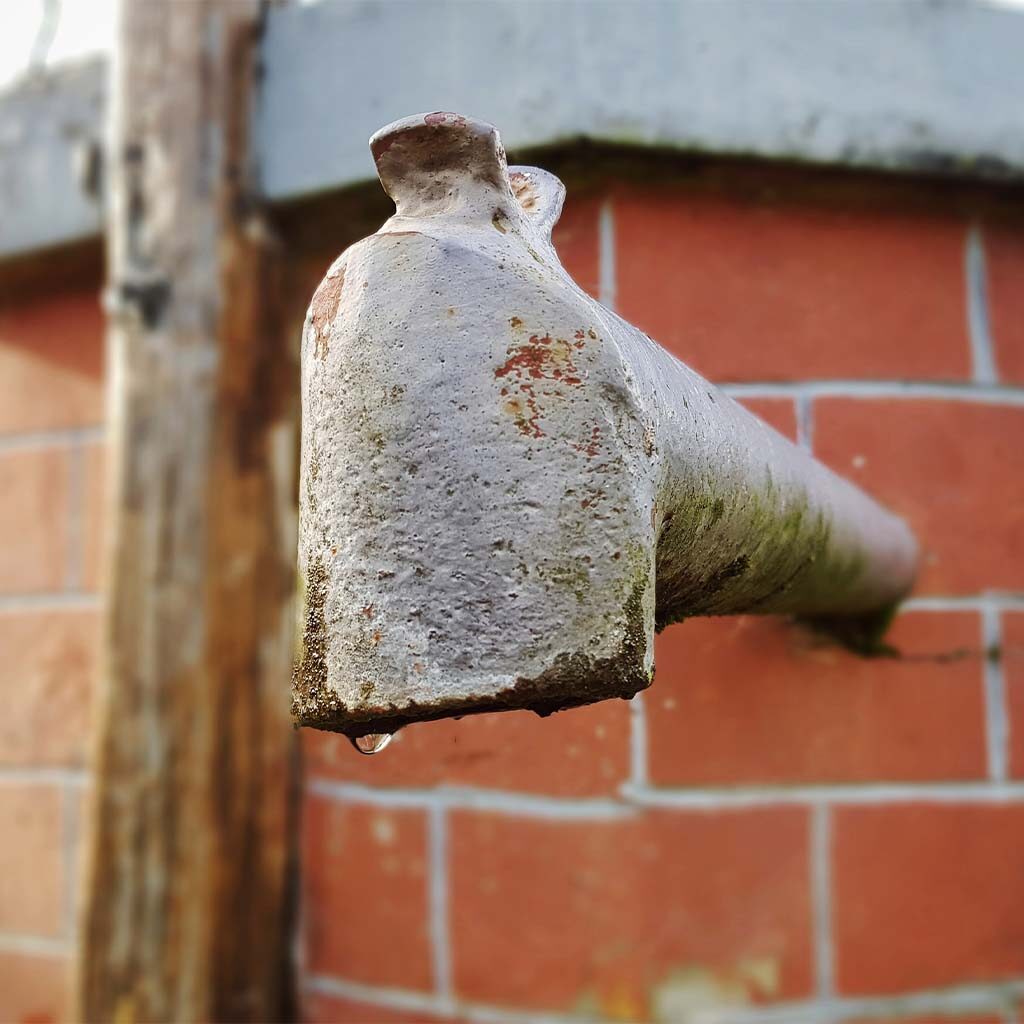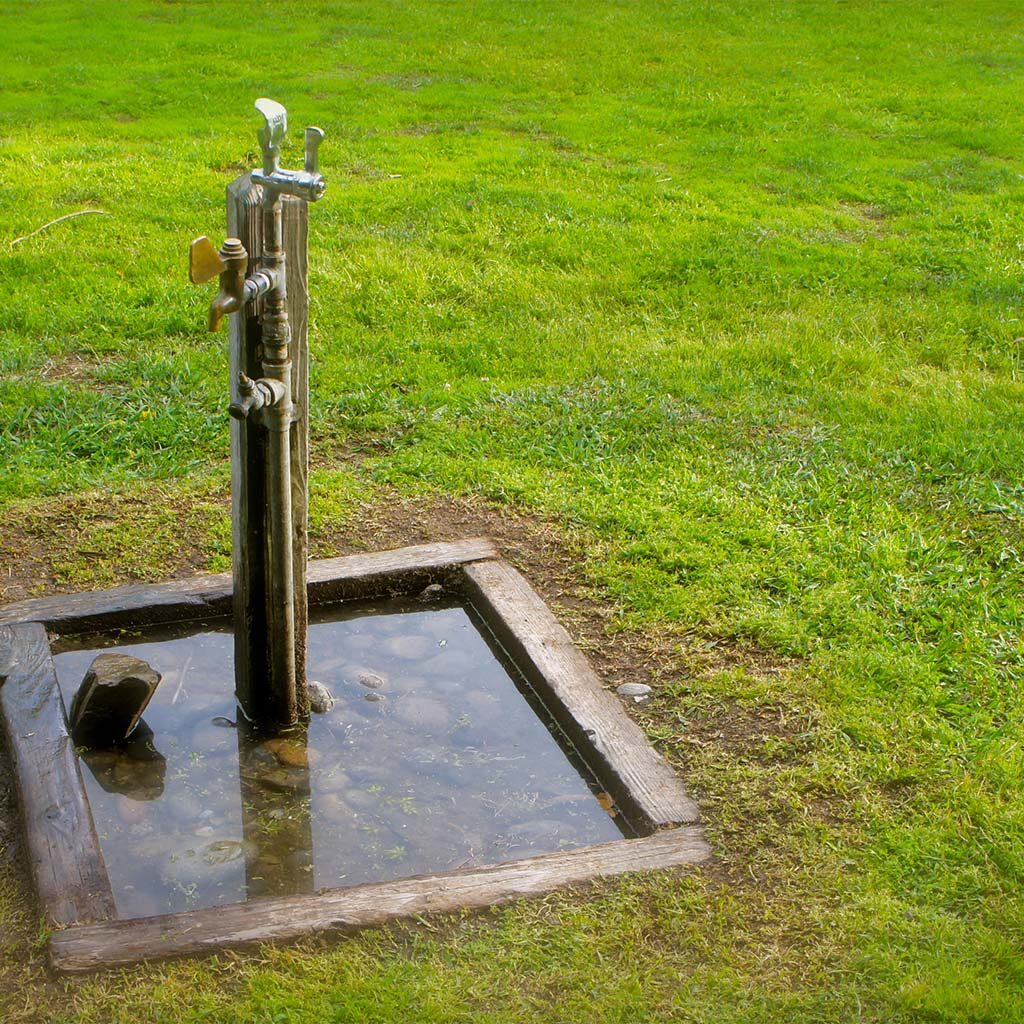Residential Well Water Purification
Do you get your drinking water from a private well located on your property? If so, you may be interested in exploring options for well water treatment for your Colorado home. According to the CDC, over 15 million households rely on private wells for drinking water in the United States. Well water can be a very healthy option for drinking water because it’s often packed with nutrients and minerals that are good for your body. At the same time, like all groundwater, well water can also contain contaminants. Therefore, it’s important to take precautions.
Investing in the right well water treatment system can ensure that your well water is safe and healthy for your family to consume. Below, we’ve discussed some of the different treatment options.
Why Does Well Water Need to Be Treated?
You may be wondering if well water treatment is worth the investment. Well, if you’re using your well for drinking water, not only is it worth it, but it’s also necessary. Well water is essentially untreated groundwater. Groundwater is water that is found below the surface of the earth and is fed by precipitation (rain). It is held in a layer of water-bearing, permeable rock, otherwise known as an aquifer. Wells use a pump system to force this water up out of the ground and into your home.
Well water needs to be treated because it can contain contaminants. As the water moves through the soil and rock on its way to an aquifer, it can come into contact with contaminants and absorb them. The most common contaminants found in well water include:
- Microorganisms
- Nitrate and nitrite (think fertilizer)
- Heavy metals
- Organic chemicals
- Radionuclides
- Fluoride
Well water is also notorious for having high mineral content. While hard water isn’t necessarily unhealthy, it can be unpleasant to consume due to its taste or odor. What’s more, it can also cause dry skin and hair, staining in sinks, toilets, and laundry, and buildup in household appliances and systems.


What Happens If You Drink Untreated Well Water?
Drinking untreated well water could seriously impact your health. Contaminated well water can cause serious illness and infection. Some of the risks include gastrointestinal disease, “blue baby” syndrome, liver and kidney damage, anemia, cancer, dental fluorosis, skeletal fluorosis, and damage to the nervous system, reproductive system, and circulatory system.
Recommended Frequency for Well Water Testing
Private well water should be tested at least once each year. If contaminants or issues are found with your water supply, you may need to have it tested more often. What’s more, if you’re aware of issues with well water in your area, you may also want to increase the frequency of testing. Additionally, if you notice any changes in your water, such as an unfamiliar odor or discoloration, it’s a good idea to have it tested.


Is Well Water Safe to Drink?
There’s nothing wrong with drinking well water, so long as you know that it’s safe and free of contaminants. Many people who live in rural areas of Colorado rely on well water as their primary source of drinking water. This includes the Eastern Plains regions in areas like La Junta, Sterling, and Burlington as well as the Western Slope in areas like Grand Junction, Montrose, Gunnison, Crested Butte, Durango, and Telluride.
What’s more, well water may contain healthy minerals that are good for your body. You may even find that you prefer the taste of well water over bottled water that you buy from the store.
That being said, it’s important to have your well water tested regularly. Additionally, it may be a good idea to invest in a well water treatment system for your Colorado home.
Options for Well Water Treatment in Colorado
The type of well water treatment system you need all depends on your situation. There is no one-size-fits all solution. Treatment is based on the contaminants and mineral content present in your water as well as the potential risks associated with your area.
Water Works can help you determine what type of water treatment solution is best for your Colorado home. First, our team will conduct a well water analysis. We need to figure out exactly what we’re dealing with, whether it’s high calcium or magnesium content, heavy metals, microorganisms, chemical contaminants, or something else.
Then, once we know what’s present in your water, we can move forward with treatment. When designing a treatment solution, we will also ask about your personal preferences and goals, such as improving the taste of your water or reducing scale build up or staining in your home.
Based on this information, our team may recommend a number of options including:
Water Filtration Systems
A water filter is a specialized piece of equipment that can help clean out or reduce the amount of contaminants in your water. Essentially, it works by creating a physical barrier or using chemical or biological methods to get rid of any impurities lurking in your well water supply. There are many different types of water filtration systems including mechanical filters, absorption filters, sequestration filters, ion exchange, and reverse osmosis.
Water Softener Systems
When you have hard water, it means there’s a lot of calcium and magnesium ions floating around in it. A water softener system can help remove minerals from your well water supply, which helps to reduce the hardness. This can make your water taste better and also resolve issues like spots on glassware and dishes, stains on laundry, and other hard water problems.
Distillation Systems
A water distillation system is a specialized method of purifying water that involves using heat to turn water into vapor, leaving all of the impurities behind. Typically, these systems are made of a boiling chamber, a cooling system that turns the vapor back into liquid form, and a separate storage tank to keep your newly purified water.
Distillation systems are more common for industrial and commercial applications than they are for residential well water. However, if you do decide to go this route, it is typically advised to also have some kind of pre-treatment like particle filtration or water softening. Additionally, distillation systems are typically used for point-of-use treatment rather than whole-house systems.
Disinfection
Disinfection is a water treatment process that targets pathogenic microorganisms. There are many different methods of disinfection including ultraviolet light, chlorine, and ozone treatment. Our technicians will work with you to determine which method is best for your situation.
Point-of-Use Vs. Point-of-Entry
You also have the option of choosing between a point-of-use or point-of-entry system. Which option is best for you all depends on your goals. Point-of-use systems treat only a portion of your water supply, whereas point-of-entry systems treat all the water in your whole house.
Recommended Frequency for Well Water Testing
Private well water should be tested at least once each year. If contaminants or issues are found with your water supply, you may need to have it tested more often. What’s more, if you’re aware of issues with well water in your area, you may also want to increase the frequency of testing. Additionally, if you notice any changes in your water, such as an unfamiliar odor or discoloration, it’s a good idea to have it tested.

